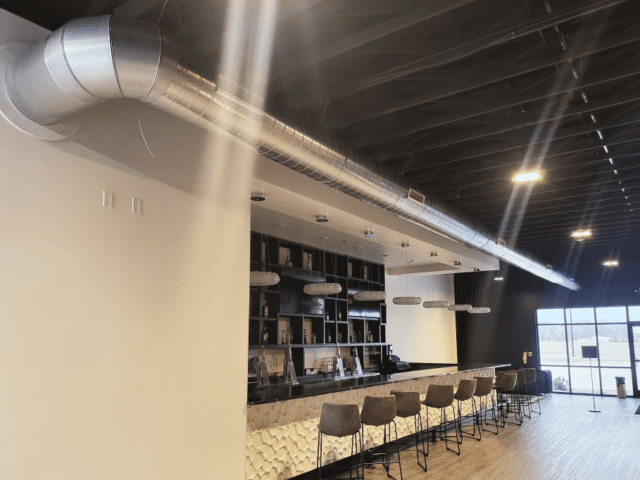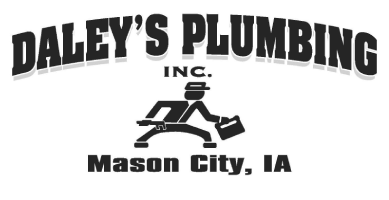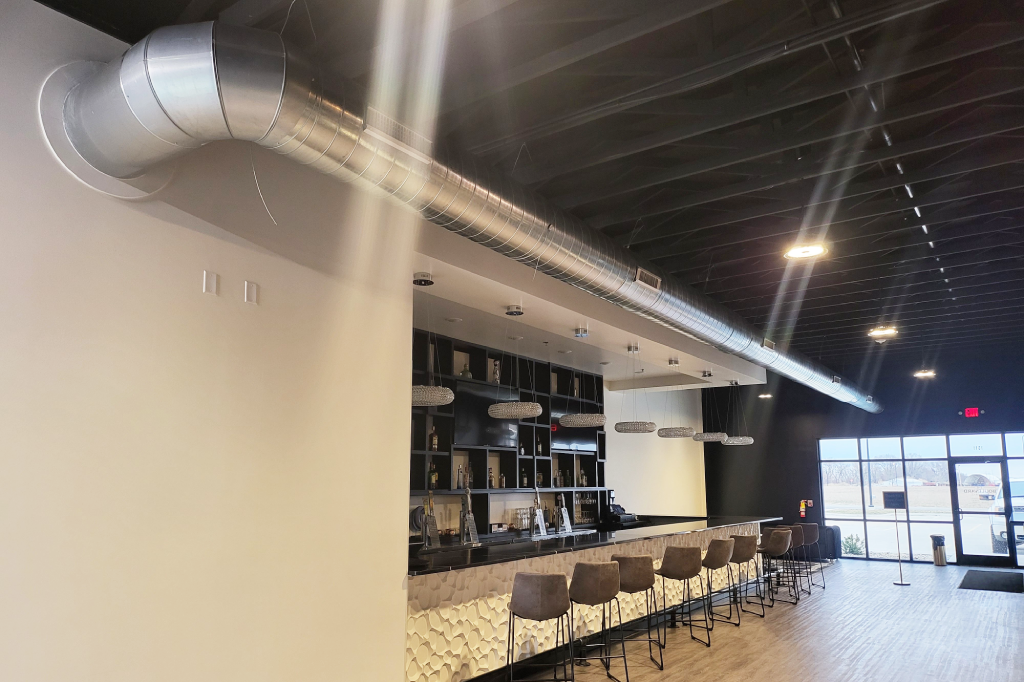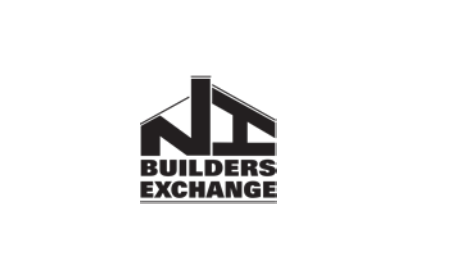
What You Need to Know About HVAC Systems for Your Business
As a business owner, you know that keeping your employees and customers comfortable is essential to your success. That's where your HVAC system comes in. HVAC stands for heating, ventilation, and air conditioning, and it plays a critical role in maintaining a comfortable environment for everyone who walks through your doors.
The Basics of HVAC Systems
An HVAC system is a complex network of heating, ventilation, and air conditioning equipment that work together to regulate the temperature, humidity, and air quality in a building. A typical HVAC system includes a furnace, air conditioner, ductwork, vents, and thermostats.
Heating: A furnace or boiler is responsible for heating the air in your building during the colder months. The warm air is distributed throughout the building through ductwork and vents.
Air Conditioning: An air conditioner is responsible for cooling the air in your building during the warmer months. The cool air is distributed throughout the building in the same way as the warm air.
Ventilation: Ventilation is the process of exchanging indoor air with outdoor air. This helps to maintain good indoor air quality and can help to remove excess moisture and pollutants from the air.
The Importance of Proper Maintenance
Proper maintenance of your HVAC system is critical to its performance and longevity. Regular maintenance can help to prevent breakdowns, improve efficiency, and extend the life of your equipment.
Here are some of the key maintenance tasks:
It's important to work with a qualified HVAC technician to perform these maintenance tasks, as they have the expertise and equipment needed to do the job right.
Energy Efficiency and Cost Savings
Energy efficiency is another important consideration for your HVAC system. A more efficient system can help to lower your energy bills and reduce your carbon footprint.
Here are some ways to improve the efficiency of your HVAC system:
Investing in energy-efficient equipment and practices can help to save you money in the long run, making it a smart investment for your business.
Choosing the Right HVAC System
When choosing an HVAC system for your business, it's important to consider factors like the size of your building, your budget, and your heating and cooling needs. We have the qualified HVAC technicians that can help you determine the right system for your business and provide guidance on installation and maintenance.
Your HVAC system is a critical component of your business's success. By understanding the basics of HVAC systems, performing regular maintenance, and investing in energy-efficient equipment, you can create a comfortable and efficient environment for your employees and customers. Contact us today to learn more about how you can optimize your HVAC system for your business.
The Basics of HVAC Systems
An HVAC system is a complex network of heating, ventilation, and air conditioning equipment that work together to regulate the temperature, humidity, and air quality in a building. A typical HVAC system includes a furnace, air conditioner, ductwork, vents, and thermostats.
Heating: A furnace or boiler is responsible for heating the air in your building during the colder months. The warm air is distributed throughout the building through ductwork and vents.
Air Conditioning: An air conditioner is responsible for cooling the air in your building during the warmer months. The cool air is distributed throughout the building in the same way as the warm air.
Ventilation: Ventilation is the process of exchanging indoor air with outdoor air. This helps to maintain good indoor air quality and can help to remove excess moisture and pollutants from the air.
The Importance of Proper Maintenance
Proper maintenance of your HVAC system is critical to its performance and longevity. Regular maintenance can help to prevent breakdowns, improve efficiency, and extend the life of your equipment.
Here are some of the key maintenance tasks:
- Regularly changing air filters
- Cleaning coils and ductwork
- Lubricating motors and bearings
- Inspecting and repairing ductwork for leaks
- Testing thermostats and controls
- Checking refrigerant levels
It's important to work with a qualified HVAC technician to perform these maintenance tasks, as they have the expertise and equipment needed to do the job right.
Energy Efficiency and Cost Savings
Energy efficiency is another important consideration for your HVAC system. A more efficient system can help to lower your energy bills and reduce your carbon footprint.
Here are some ways to improve the efficiency of your HVAC system:
- Upgrade to a high-efficiency system
- Install a programmable thermostat
- Seal air leaks in ductwork
- Use energy-efficient lighting and appliances
Investing in energy-efficient equipment and practices can help to save you money in the long run, making it a smart investment for your business.
Choosing the Right HVAC System
When choosing an HVAC system for your business, it's important to consider factors like the size of your building, your budget, and your heating and cooling needs. We have the qualified HVAC technicians that can help you determine the right system for your business and provide guidance on installation and maintenance.
Your HVAC system is a critical component of your business's success. By understanding the basics of HVAC systems, performing regular maintenance, and investing in energy-efficient equipment, you can create a comfortable and efficient environment for your employees and customers. Contact us today to learn more about how you can optimize your HVAC system for your business.






